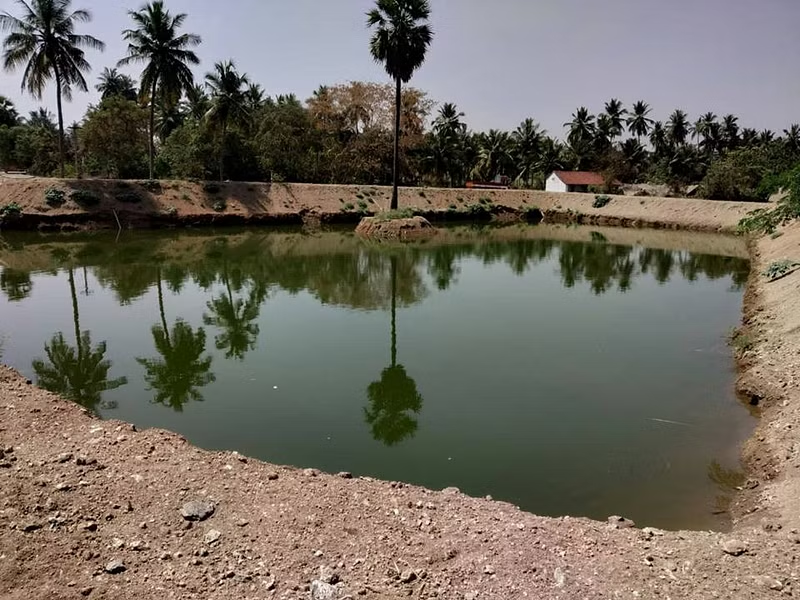Tamil Nadu WRD Pushes for Funds to Restore Water Bodies
In a bid to address the state’s ongoing water crisis, the Water Resources Department (WRD) of Tamil Nadu has made an urgent appeal to the Union government for the allocation of ₹60 crore to complete the next phase of the centrally sponsored Repair, Renovation, and Restoration (RRR) scheme. The request, made during a recent meeting with the Parliamentary Standing Committee on Water Resources in Chennai, highlighted the pressing need for funds to restore the state’s deteriorating water bodies. These restoration projects are crucial not only for enhancing water storage but also for ensuring sustainable water management across the state, particularly for irrigation purposes.
The RRR scheme, under the Pradhan Mantri Krishi Sinchayee Yojana, aims to rejuvenate the state’s water bodies by restoring 768 tanks over ten phases. Currently, 454 tanks have been successfully restored, while work continues on the remaining 314. The immediate focus is on 123 water bodies in districts such as Cuddalore, Pudukottai, Villupuram, Tiruchi, and Theni. These efforts, officials say, will directly benefit nearly 24,558 acres of land, improving irrigation and water availability for agricultural activities. The restoration works will involve critical interventions like desilting to increase storage capacity, repairing tank bunds, and upgrading sluices to improve water flow and reduce the risk of flooding.
The Parliamentary Standing Committee, headed by Rajiv Pratap Rudy, recognised the urgency of these projects. It reviewed progress on the restoration works and commended the WRD’s efforts. However, the committee stressed that timely funding was essential to complete the projects without further delay. In addition to the RRR scheme, the Committee also assessed the progress of the interlinking of the Thamirabarani, Karumeniyar, and Nambiyar rivers, which is nearly 99% complete and expected to conclude within the next month. This interlinking project is vital for enhancing the water supply in the drought-prone southern districts of Tamil Nadu, ensuring better water distribution and reducing water scarcity.
The ongoing water restoration initiatives also tie into a broader sustainability agenda. Tamil Nadu, like many parts of India, is grappling with the dual challenge of urbanisation and climate change. Over-extraction of groundwater, poor management of water resources, and encroachment on water bodies have exacerbated the situation. The WRD’s focus on rejuvenating traditional water bodies is not only a response to the immediate need for irrigation and drinking water but also a long-term strategy to combat the adverse effects of climate change. By restoring water bodies, Tamil Nadu aims to improve groundwater recharge, enhance resilience to floods, and ensure more sustainable agricultural practices.
These efforts are emblematic of a larger push for better water governance across the state. With rising concerns over water scarcity and environmental degradation, there is a growing consensus that restoration of natural water systems, coupled with improved infrastructure, is key to ensuring a sustainable future. As the WRD continues to advocate for financial support, it is imperative for policymakers to recognise the long-term benefits of such projects, not just for agricultural production but also for maintaining ecological balance and fostering socio-economic development in rural areas. If realised, the restoration and improvement of Tamil Nadu’s water bodies will stand as a model for sustainable water management in India.


